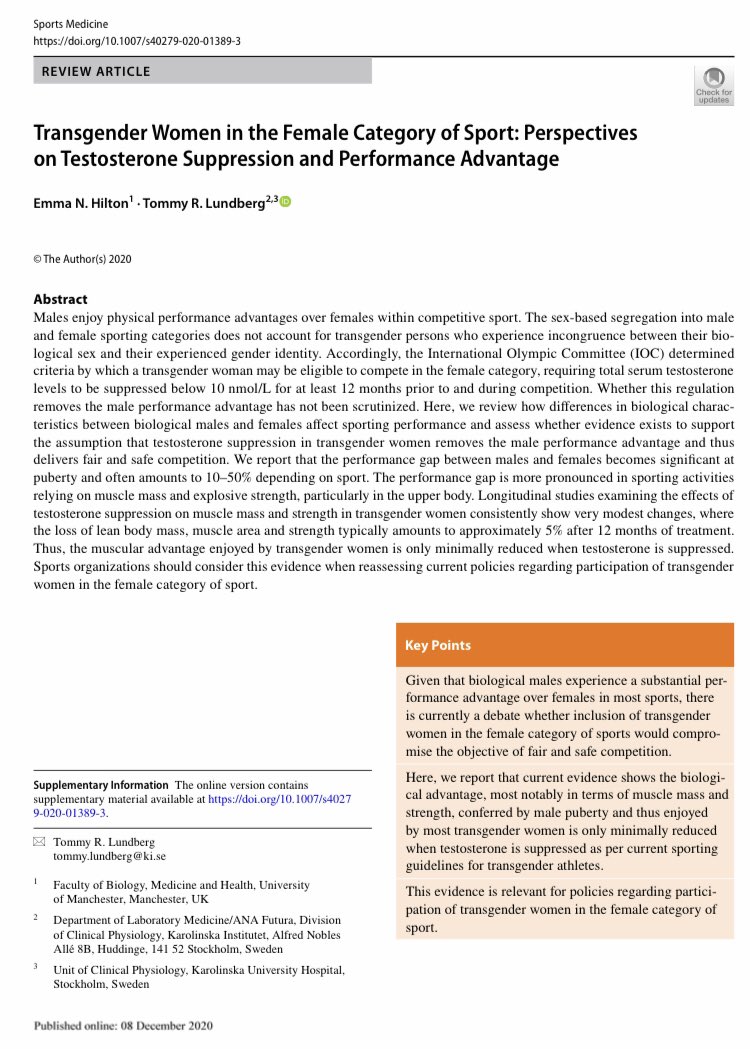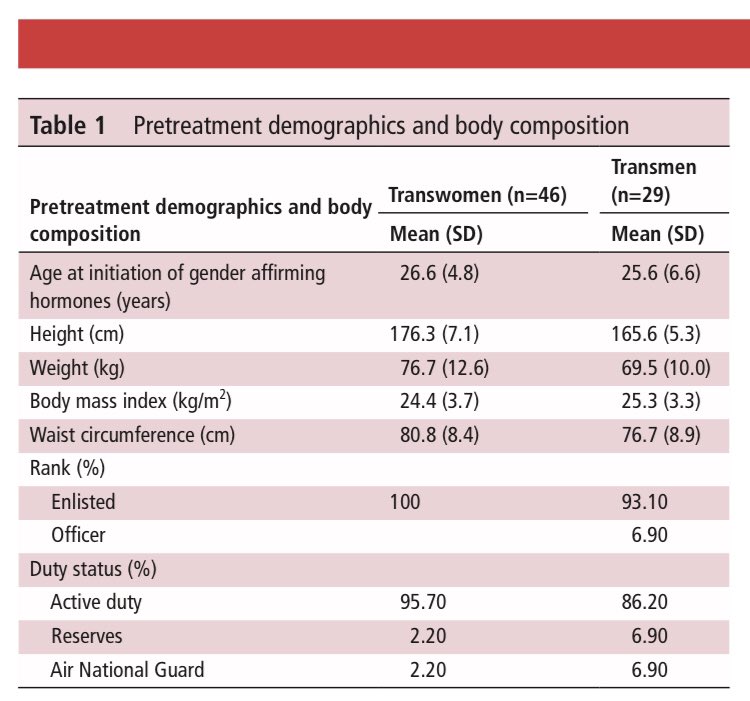
This is a very engaging read (and accessible, with minimal Googling of specific terms, to non-philosophers).
Well done, @runthinkwrite
Well done, @runthinkwrite
https://twitter.com/runthinkwrite/status/1340955152073814016
Jon rejects a cost-benefit analysis - the oft-repeated ‘balance’ of safety v fairness v inclusion:
‘What amount of ‘fairness’ ought to be sacrificed for what amount of increase in ‘inclusion’?’
‘What amount of ‘fairness’ ought to be sacrificed for what amount of increase in ‘inclusion’?’
Instead, Jon argues that World Rugby (and other ‘combat’ sports) have a special duty to manage risk:
‘[I]t is particularly incumbent on World Rugby to be alert to increased risk, and to oppose any increased risk that is not an ineliminable part of the essence of the game.’
‘[I]t is particularly incumbent on World Rugby to be alert to increased risk, and to oppose any increased risk that is not an ineliminable part of the essence of the game.’
That is, if you regulate a sport that is inherently risky - indeed, as for rugby, where risky play is the very essence of the game - you have an ethical obligation to limit risks.
He draws a nice parallel with World Sailing, who have a special duty not to minimise the risk of one body crashing into another but to minimise the risk of a body falling into water.
Thus, Jon argues that this special duty to minimise risk in rugby acts as a first line filter, and it is only once safety concerns are satisfied can one begin to evaluate fairness and inclusion claims.
He also, importantly, points out the inherent asymmetry of potential harm:
‘[I]f female rugby players have done nothing to deserve the harms of unfairness or the harms of increased risk, then it cannot be reasonable or tolerable to visit those harms upon them.’
‘[I]f female rugby players have done nothing to deserve the harms of unfairness or the harms of increased risk, then it cannot be reasonable or tolerable to visit those harms upon them.’
• • •
Missing some Tweet in this thread? You can try to
force a refresh





